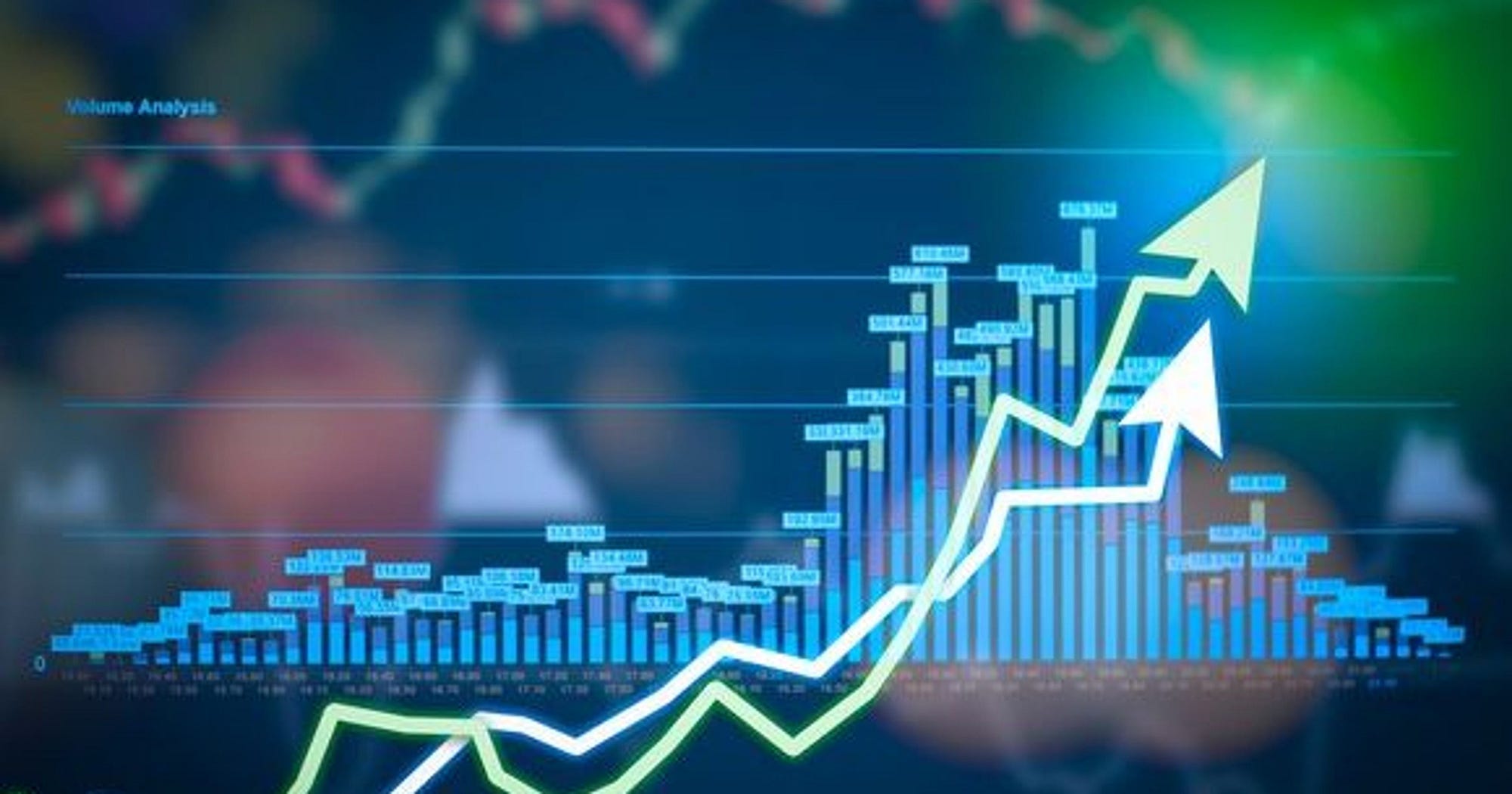Blog
Artificial Intelligence: Revolutionizing Industries and Reshaping the Future
By Victor

Artificial Intelligence (AI) stands at the forefront of technological innovation, revolutionizing industries and reshaping the future in profound ways. From personalized customer experiences to predictive analytics and autonomous systems, AI has transcended its origins in research labs to become a ubiquitous presence in our daily lives and business operations.
The Growth and Scope of AI
As of 2023, the global AI market is valued at approximately $196.63 billion, reflecting a substantial increase driven by advancements in machine learning algorithms, deep learning frameworks, and increased computing power. This market is projected to expand exponentially, reaching an estimated $1.81 trillion by 2030, with a compound annual growth rate (CAGR) exceeding 36.6% (GrandViewResearch).
The rapid adoption of AI across industries underscores its transformative potential. Businesses are increasingly leveraging AI for tasks ranging from data analysis and decision-making to customer service automation and autonomous vehicle development. This widespread integration is fueled by AI’s ability to process vast amounts of data, learn from patterns, and make intelligent predictions—all with increasing accuracy and efficiency.
AI Applications Across Industries
Healthcare
In healthcare, AI is revolutionizing diagnostics, personalized medicine, and patient care. Machine learning algorithms analyze medical images to detect diseases like cancer earlier than ever before. AI-powered chatbots provide patients with 24/7 virtual support, reducing the burden on healthcare providers and improving patient satisfaction. Moreover, AI-driven drug discovery accelerates the development of new treatments, promising breakthroughs in medical research and pharmaceutical innovation.
Retail and E-commerce
Retailers harness AI to enhance customer experiences through personalized recommendations, predictive analytics, and supply chain optimization. AI algorithms analyze customer behavior to tailor product offerings and marketing strategies, increasing conversion rates and customer retention. Chatbots assist customers with inquiries and streamline shopping experiences, driving operational efficiency and improving service quality.
Agriculture and Water Management
Artificial Intelligence (AI) is reshaping agriculture and water management with profound implications for sustainability and efficiency. In agriculture, AI’s precision farming techniques leverage data from satellites, sensors, and drones to optimize crop management. By analyzing factors like soil quality, weather patterns, and crop health, AI enables farmers to tailor irrigation schedules and nutrient applications precisely. This not only maximizes yields but also minimizes environmental impact by reducing water and chemical usage.
Moreover, AI enhances agricultural resilience through early detection of crop diseases and pests, leveraging image analysis and predictive models to mitigate losses. In water management, AI-driven systems revolutionize resource allocation and conservation efforts. Smart irrigation technologies, powered by AI algorithms, monitor soil moisture levels and weather forecasts to optimize water distribution in real-time, reducing waste and improving crop health. Additionally, AI aids in detecting and mitigating water contamination risks through continuous monitoring and rapid response capabilities.
Finance and Banking
In the financial sector, AI powers fraud detection systems that analyze transaction data in real-time to identify suspicious activities and prevent financial crimes. AI algorithms also automate trading strategies based on market trends and historical data, optimizing investment decisions and portfolio management. Additionally, virtual assistants powered by AI enhance customer service by providing personalized financial advice and support.
Transportation and Logistics
AI plays a pivotal role in transforming transportation and logistics with advancements in autonomous vehicles, route optimization, and predictive maintenance. Self-driving cars equipped with AI technologies promise safer and more efficient transportation systems, reducing accidents and traffic congestion. AI-driven logistics platforms optimize delivery routes, manage inventory, and forecast demand, improving operational efficiency and reducing costs for logistics companies.
Impact on Job Markets and Workforce Dynamics
While AI presents unprecedented opportunities for innovation and efficiency gains, it also raises concerns about job displacement and workforce readiness. Automation driven by AI technologies has the potential to replace certain repetitive tasks traditionally performed by humans, particularly in industries such as manufacturing, transportation, and customer service.
However, it is essential to recognize that AI also creates new job opportunities, especially in fields related to AI development, data science, and AI ethics. As businesses adopt AI technologies, the demand for skilled professionals proficient in machine learning, data analysis, and AI engineering continues to rise. Upskilling and reskilling initiatives are crucial to equip the workforce with the necessary skills to thrive in an AI-driven economy.
Ethical Considerations and Regulatory Frameworks
The rapid evolution of AI technology raises ethical concerns regarding data privacy, algorithmic bias, and the societal impact of automation. Issues such as biased AI algorithms perpetuating discrimination or AI systems making decisions without transparency pose significant challenges that require thoughtful regulation and ethical guidelines.
Governments and international organizations are increasingly focusing on developing regulatory frameworks to ensure responsible AI deployment. Initiatives aimed at promoting transparency, accountability, and fairness in AI algorithms are essential to mitigate risks and uphold ethical standards in AI development and deployment.
The Future of AI: Opportunities and Challenges Ahead
Looking ahead, AI is poised to continue its transformative impact across industries, driving innovation, improving efficiency, and enhancing human capabilities. Advances in AI research, coupled with increased collaboration between academia, industry, and policymakers, will shape the future landscape of AI technologies.
However, addressing challenges such as ethical concerns, workforce displacement, and regulatory frameworks will be critical to maximizing the benefits of AI while mitigating potential risks. Continued investment in AI research and development, education and training programs, and ethical guidelines will pave the way for a responsible and inclusive AI-powered future.
In conclusion, Artificial Intelligence represents a paradigm shift in how businesses operate and how societies function. Embracing AI responsibly and ethically will unlock new possibilities for innovation, economic growth, and societal progress, ensuring that AI continues to serve as a powerful force for positive change in the decades to come.
